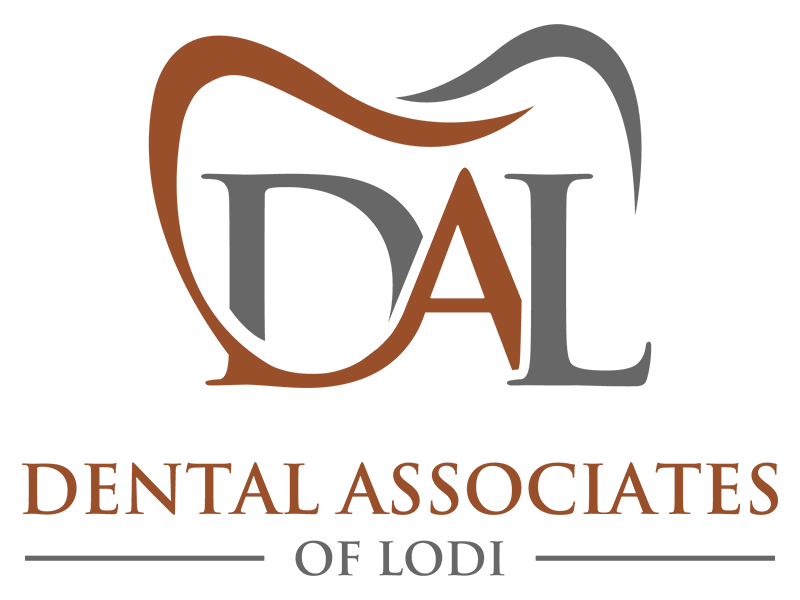If you are missing one or more teeth, there are three main treatment options: dental bridges, dental implants, and dentures. In this article, we're going to focus only on the pros and cons of dental bridges. Here's what you need to know in order to decide if a bridge is right for you.
What Are Dental Bridges?
When it comes to dental bridges, we have a few different types to choose from. These include:
- Traditional bridges, which consist of two supports, otherwise known as abutments, attached to adjacent teeth with a pontic, or replacement tooth, joining them together. The abutments in a traditional bridge are usually dental crowns.
- Maryland bridges, which use a metal or porcelain framework to secure the pontic to the abutment teeth. This is a more affordable option that protects the structures of surrounding teeth, but it is not as strong as a traditional bridge.a traditional bridge are usually dental crowns.
- Cantilever bridges are used when a third molar is missing or when there is another reason why only one adjacent tooth can be used as an abutment.
What Are the Pros and Cons of Dental Bridges?
There are many reasons why you might choose a dental bridge over other options for replacing missing teeth. And the corollary is also true––there are many reasons to choose dental implants or even dentures instead of bridges. Here are some points to consider:
The Benefits of Dental Bridges
- Dental bridges are far more affordable than dental implants.
- Unlike dental implants, the cost of bridges is typically covered by dental insurance.
- Dental bridges require fewer trips to the dentist and the process of getting them is less invasive.
- There is no need to have bone grafting prior to getting bridges; if you have suffered from bone loss in the jaw and implants are not an option, bridges may be a better fit for your situation.
- There is very little preliminary dental work required for bridges.
- Dental implants carry the risk of infection or implant failure. Bridges don't have these risks.
The Drawbacks of Dental Bridges
- Dental bridges has a life span between 8 to15 years.. If you're deciding between implants and a bridge, be aware that while implants last a lifetime with proper care, you will need to plan on periodically replacing your bridge.
- Bone loss continues unabated with a dental bridge. This may not be a major issue if only one tooth is missing, but if you're replacing a few teeth, consider that implants replace the root of the tooth, which protects against bone loss.
- Dental bridges are not as stable as dental implants and they may require more care.
- Because crowns are usually used to anchor bridges in place, they can compromise the structures of surrounding teeth.
Is a Dental Bridge Right for You?
The best way to know if a dental bridge is the right solution for your missing teeth is to schedule a visit to discuss your unique situation with our dentist. Contact us at 862-247-8030 to make an appointment at our Lodi, NJ dental practice today.


